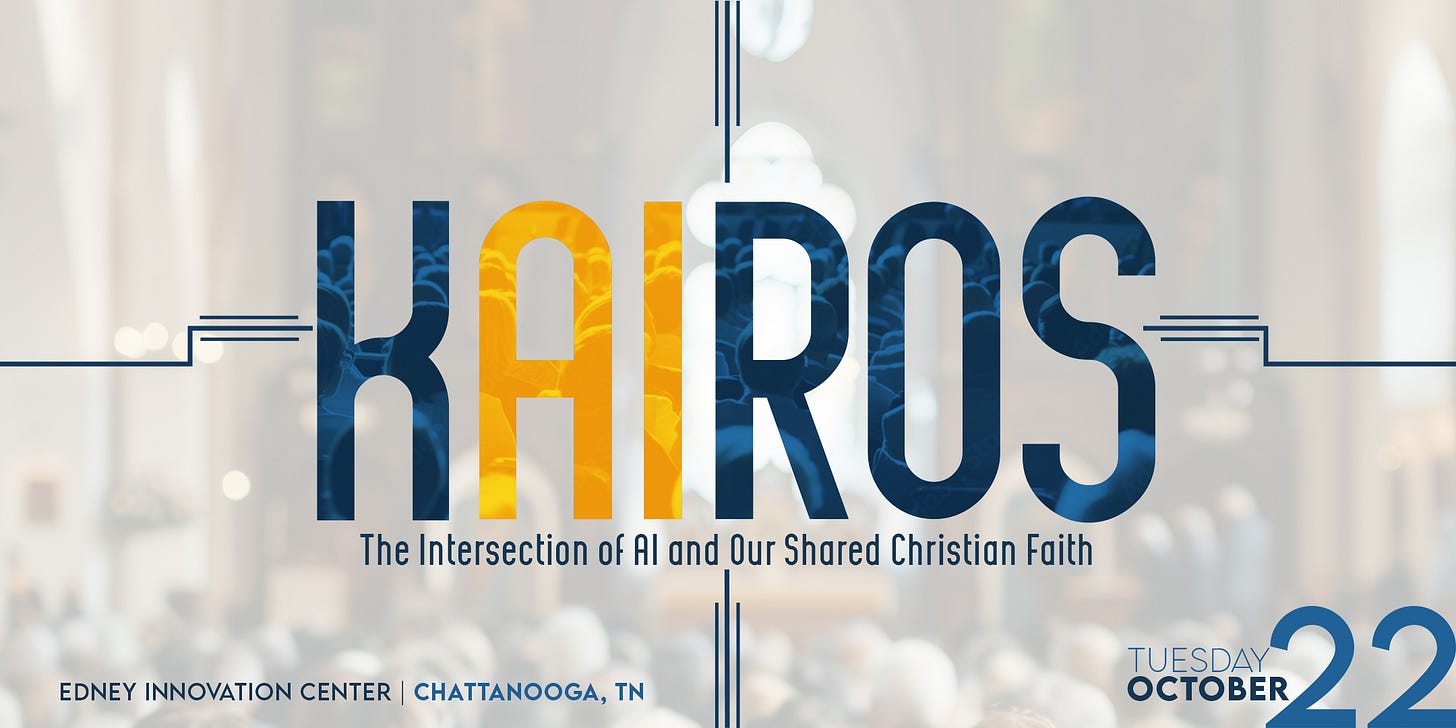Where That Came From
Country legend Randy Travis releases new single 12 years after devastating stroke, thanks to AI
This past Sunday, CBS Sunday Morning aired a showstopper of a piece on voice AI - one that I’d probably call required viewing for anyone in the field.
Country legend Randy Travis was given a 2% chance of surviving the devastating stroke he had in 2013. He beat the odds, but he lost his voice in the process due to aphasia: the part of his brain responsible for speech and language was permanently damaged.
So it would likely come as a surprise that, this week, Randy Travis is charting with his first new single since his stroke, a song made possible by AI but possessing the authenticity of one of the nation’s most decorated musical artists.
Take a moment to watch:
There’s a lot to glean from the piece, but the one thing that stands out the most is the reactions of the various people hearing Travis’ new song for the first time.
Alongside the unadulterated joy is a distinct absence of anybody caring to what extent AI was or was not involved in creating the song, nor do you hear any whispers in this entire piece of whether AI’s involvement ‘should’ or legally needs to be disclosed. There also is absolutely zero discussion on any future repercussions of using AI technology in this way, to extend Randy Travis’ career.
These aren’t oversights in the piece. Rather, they simply reflect the truth: as a society, we’re quite willing to overlook any potential ethics issues if we view the utility gained from a technology is high enough.
Join us for QA Copilot: Using AI To Improve Conversations on Wed May 15 2024 at 1:00 PM Eastern / 10 AM Pacific as the Contact Center AI Association's President John Walter and Balto's CEO Marc Bernstein discuss the art and science of improving customer conversations. Hosted by Project Voice's Bradley Metrock.
Webinar registrants will receive the audio and video of the webinar recording, after the event concludes, for on-demand playback.
Learn more about Balto's AI-enabled QA Copilot, in advance of the webinar, here.
CereProc, who pioneered the concept of creating a synthetic voice to replace a voice lost to illness and did so for celebrity film critic Roger Ebert well over a decade ago, this week announced a major software update to their voice engine. You can read more about that here.
Kairos is a one-day summit discussing the intersection of AI and Christianity, taking place in the same location as Project Voice’s annual conference - the Edney Innovation Center in downtown Chattanooga, Tennessee. Registration for this is currently open and I’m excited to host and moderate something a bit more personal.
Project Voice 2025 will follow the same smaller, invitation-only format it did this year. Dates for next year’s conference are set: April 28-29. If you’d like to attend, reach out.





